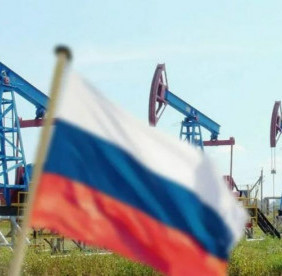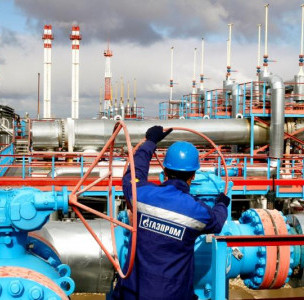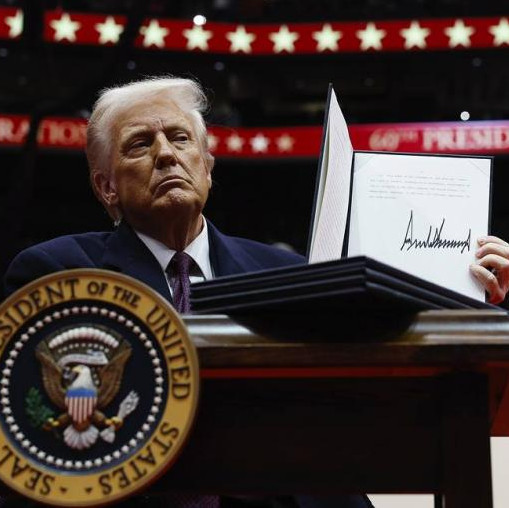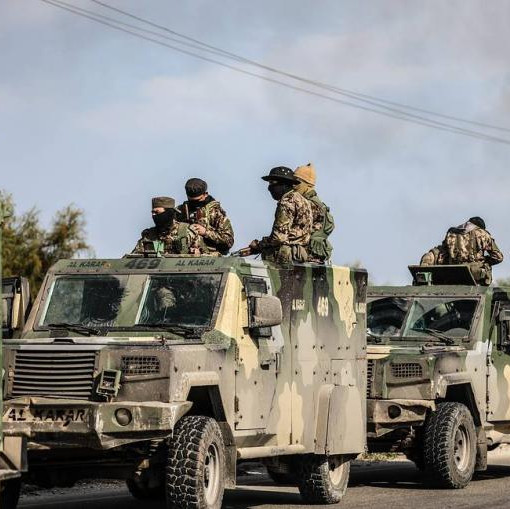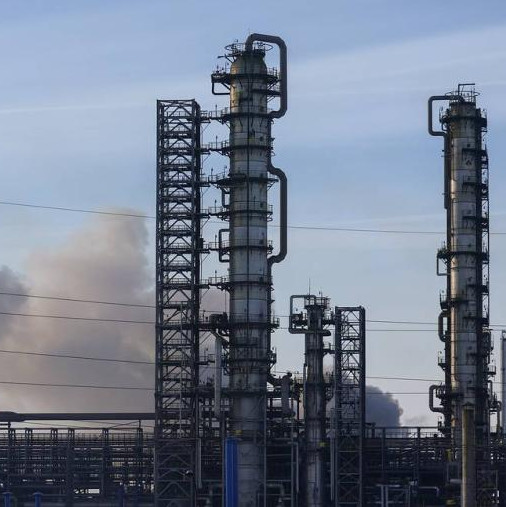Russia's special military operation in Ukraine has finally torn the merely formal camouflage veil off the West. We saw the triumph of sincere fervent Russophobia, whose broadcasters seem to rejoice there is no longer a need to hide; and we saw the spread of this Russophobia to spheres traditionally outside politics, as has always been emphasized.
In fact, almost everything was clear long before. Take sports, for one. Back in 2016, frankness was breaking out every now and then amid doping scandals regarding Russian athletes performing in the Olympics and especially the Paralympics. Head of the International Paralympic Committee Philip Craven, one of the most disgusting players in global sports politics (in the truest sense of this word), said the following when commenting upon our athletes’ ban: "I believe the Russian government has catastrophically failed its para-athletes." Although a holder of the Russian Orders of Friendship and Honor, he preferred not to mention the political nature of the whole thing and added: "Their medals over morals mentality disgusts me." Right, it’s not about the authorities but their approach, that's the story.
Now the West has become more outspoken than homegrown Russophobes. In early May, head of the IOC Thomas Bach gave his comments on repressions against Russian athletes, particularly their ban from international competitions, along with their Belarusian fellows: "Many National Olympic Committees have wondered what is unique about this situation and where the same measures were taken when wars were fought in Afghanistan, Syria, Yemen, Mali, Ethiopia and other countries. There are many crises… We had to take protective measures, because the world reaction to the [listed] wars was not the same as during [the special operation] in Ukraine."
Interestingly, the org-man’s list did not include aggressions against Yugoslavia, Iraq and Libya, but there is another vital thing – his unambiguous declaration of principle. The West, having assumed the title "world community", gives positive assessments to its own foreign policy actions and those of its satellites, while opponents get only negative ones. Sports and other subordinate officials articulate decisions whether to execute or pardon ˗ the Russians were banned over the world’s negative response, “as nothing of the kind happened earlier.”
Another example is Eurovision. In 2016, the victory was awarded to Ukrainian singer Jamala who sang about the deportation of Crimean Tatars following the liberation of this peninsula during the Great Patriotic War. And then, again, it was clear that the song was not just lyrical and the victory was not about the girl’s skills. This time no one would even try to deceive the audience. Right after the performance Ukraine’s Kalush Orchestra front man Oleg Psyuk urged to "save Mariupol and Azovstal right now." Political statements of this kind are a flagrant violation of contest rules to be punished with disqualification. However, event planners hastily assured that the call was humanitarian rather than political, and they support participants’ rights to freely state their opinion.
Following their victory, both Kalush members and the rejoicing Kiev regime went on to spit perfectly unvarnished remarks. Zelensky, for instance, promised to hold Eurovision in Mariupol, not necessarily the next one, but "someday". Moreover, there are rumors that the Kiev leadership asked those ringed at Azovstal not to surrender until Eurovision ended so as to make winning chances higher.
One has to put quotes around the words "victory", "winners", "triumph" regarding Kalush and Ukraine, because this purely political decision was accompanied by shameless hoaxes. Thus, head of the Romanian delegation Juliana Marchuk said contest organizers replaced their assessment and gave the highest score to Ukraine instead of Moldova. Romania, be it noted, is quite loyal to Euro-Atlanticism. Representatives of Azerbaijan and Georgia said their assessments were falsified in favor of Ukraine’s "elder sister" as represented by Britain, which helped make it the runner-up). Also, the votes of Poland, Montenegro and San Marino were declared invalid over "irregular voting patterns". Just a reminder: Russia was kicked out of the competition shortly after special operation began.
We certainly should not pine after a wholly degraded music competition, quite marginal even at its best. Russia will survive sports and other sanctions. The most important thing is not to blame the ongoing special operation, because Ukraine is a mere specific instance, pretext and tool, enjoying no fellow feelings from Western countries for its "freedom" and wish to combat "Russia’s aggression." Polish Prime Minister Mateusz Morawiecki recently called the Russian world a "cancer", a "deadly threat" and a "monstrous ideology" to be “rooted out entirely”. He repeated the same on May 19 at the Warsaw Strategic Ark conference. In the meantime, runaway film critic Dolin and producer Rodnyansky are faking grief on camera for not being able to "rewire Russian culture and neutralize its imperial matrix."
For these people, it's not about Putin or any other leader of Russia or the Russian special operation. It's about Russia itself, which they desperately seek to "cancel".
